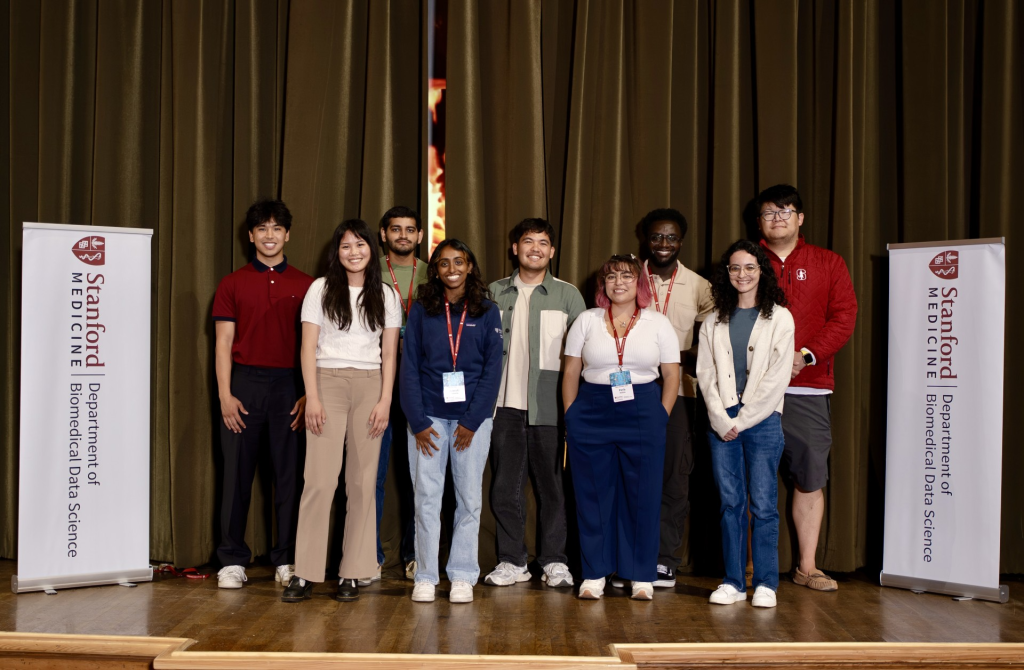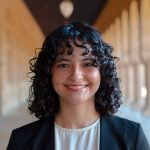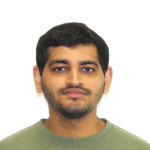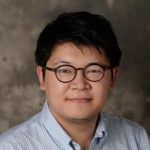Save the date for the inaugural Warren Alpert Computational Biology and AI Symposium on Tuesday, May 5, 2026. Details coming soon!
A new $5 million grant from the Warren Alpert Foundation was recently awarded to the Department of Biomedical Data Science (DBDS) at the Stanford School of Medicine. The grant will fund the training of 15 graduate scholars over the next five years to enhance the education and retention of scholars in computational biology/artificial intelligence (CBAI).
If you are interested in the Warren Alpert CBAI Scholars Program, we will be selecting MS trainees for the 2026-2027 cohort during the graduate application period. Please visit the Prospective Students page for more info.
To meet the Warren Alpert CBAI Program Core Faculty, visit the Warren Alpert CBAI Program Core Faculty page.
Meet the Warren Alpert Computational Biology/AI Scholars
Click on the fellow’s name to learn more.
Justin Adjasu (2nd year, MS Fellow)
PI: Barbara Engelhardt
Stephanie Arteaga (3rd year, Ph.D Fellow)
PI: Russ Altman
Jacob Chang (4th year, Ph.D Fellow)
PI: Sylvia Plevritis
Jordan Cahoon (2nd year, Ph.D Fellow)
PI: Emily Alsentzer & Stephen Montgomery
Cally Lin (2nd year, MS Fellow)
PI: Olivier Gevaert
Perla Molina (3rd year, Ph.D Fellow)
PI: Nima Aghaeepour

Ryan Nayebi (1st year, MS Fellow)
PI: Michael Synder

Ayeeshi Poosarla (1st year, MS Fellow)
PI: Jason Fries
Ruchir Rastogi (Postdoc Fellow)
PI: Anshul Kundaje










